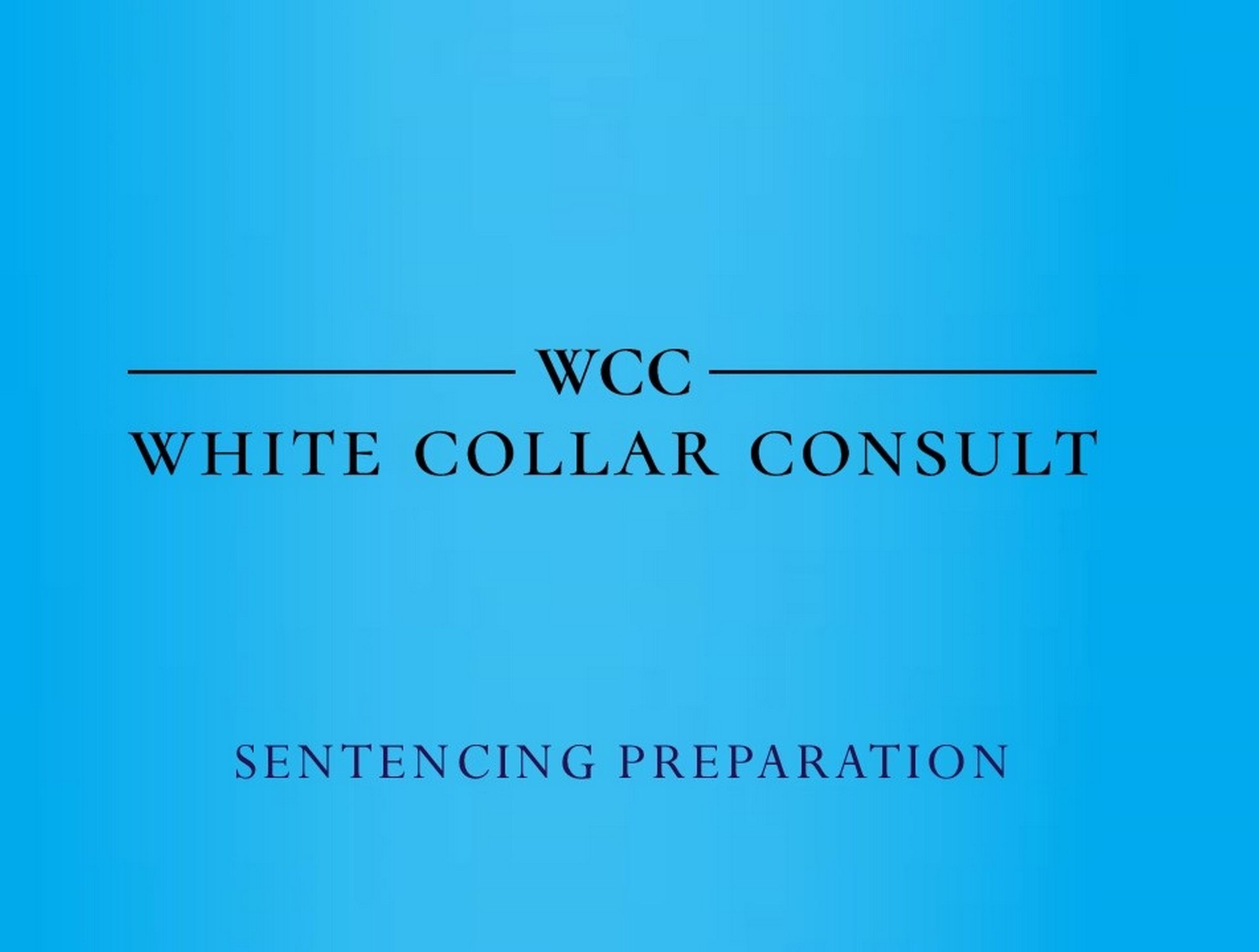I decided this past week to go back and read the transcript from my sentencing in 2016. I have to admit it brought up some uneasy feelings and a bit of PTSD. My sentencing was not the usual type. After being approached by the FBI in 2012 and being told I was going to be charged with securities fraud, I decided to plead guilty and accept the offer to cooperate with the hopes of getting a lesser sentence. My cooperation was extensive and lasted over 4 years. During this time I made over 2000 consensually recorded phone calls, over a dozen in-person meetings wearing a body recorder, testified in 2 trials( both of these trials over 1 week of cross-examination), and thousands of hours with FBI and prosecutors disseminating calls and emails. In addition, I had paid my restitution of 1,350,000 in advance of my sentencing. At the end of this 4-year ordeal, I was able to give my attorney enough information from my cooperation, and past good deeds to write a perfect sentencing memorandum. I had 46 letters telling the judge how great a person I was and all the nice things I had done for people over the years. Most importantly I had the US Attorneys’s office recommend probation and submit what one of the agents in my case called the best 5k1 letter he has ever seen. The night before my sentencing I slept pretty well. I got to court and met my attorney, the mood was light. We made our way upstairs to the court without a lot of concern. There were several FBI agents there who were my handlers over the past 4 years, and I talked with them before the hearing and even joked with one of the prosecutors in my case about a few things that had happened over the course of my cooperation. When it was time to go in the courtroom for my sentencing I could tell quickly the mood was not what I expected. The judge immediately called my attorney and the prosecutor to the sidebar. She asked why there were so many people in the court.I had many family and friends there to support me, and there were a number of FBI agents who were my handlers over the 4-year period. In addition, there were several other prosecutors and SEC attorneys there who I had cooperated with that were there in support of me. The judge started the sentencing by saying that she had reviewed the sentencing memos from both sides, that she understood and valued the cooperation, and she was going to depart from the guidelines of 63-78 months, but she would not go to probation. My heart sunk, I thought I had the perfect sentencing package. She went on to say that she was very worried about the case, about my conduct, and about the victim. I was headed for prison. If it had not been for my attorney Brian Kelley and AUSA Sarah Walters arguing about my cooperation for over 3 hours I would have been sent to prison. In the end, the judge reluctantly sentenced me to 1 year of home confinement and a 10,000 fine. I was incredibly relieved that I was not going off to prison and grateful for everyone’s efforts. When I went outside the court the prosecutors and agent who I had worked with over those 4 years were in disbelief.
As I left the court that day I was convinced I had done all I could to prepare for the sentencing. I looked at it as my type of case was the judged hot button, white-collar crime with victims who were unknowingly defrauded. But as I studied that day, that time in my life with the hopes of helping people like myself I saw several flaws in my strategy.
- I did not create a narrative to give the judge a full understanding of who I was apart from my crime. I did not share my upbringing, how my substance abuse issues affected my career, and other factors that could have helped her with her decision. An important sticking point for her was my prior termination from jobs, If I had prepared a narrative, I could have explained the reasons for termination in my past was substance abuse related and not conduct. A narrative would most likely have been a key factor in her agreeing with the government. I had no knowledge of a narrative or why I should have provided one.
2. I submitted 46 letters, all telling the judge about how I had done so many charitable things for all these people over the years. I realize today, 46 letters were too many for the judge to read, and the amount seemed to agitate her more than help me. The content of those letters was also all wrong. There was not one letter that talked about how remorseful I was and this was what the judge wanted to hear, this is all she wanted to hear.
3. I did not properly research my judge. Certain judges have issues that are important to them. Some are remorse, some would be recovery or creating a new track record, and some could be making restitution. My judge was looking for remorse and identification with my victims. From my sentencing memorandum to my 46 letters, my allocution, and a large number of people there to support me, she said over and over again, I see no remorse.
Today when I bring a client through the process from arrest to a plea, and then to sentencing I try to take my past mistakes and implement a program that will assist them and their attorney in receiving the lowest possible sentence.



